
The real estate market has various factors that influence property values. These can be caused by economic fluctuations for shifts in buyer preferences, which can impact home prices. As we look further into 2024, experts are already predicting which types of homes may experience a decrease in value. So, whether you’re a homeowner looking to sell or a prospective buyer searching for a good deal, being aware of these predictions is essential for navigating the real estate market successfully.
Urban Condominiums
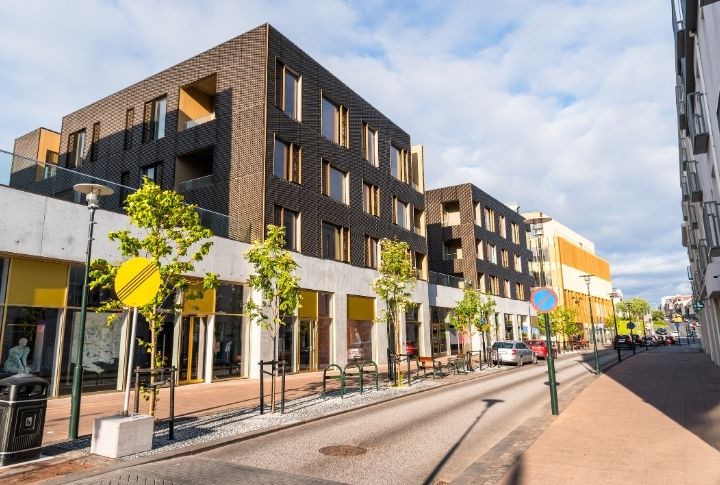
Properties like urban condominiums may face value drops in 2024 because of oversupply and changing market demands. As remote work becomes more prevalent, city dwellers seek larger spaces outside urban cores, reducing demand for smaller, higher-priced condos. Economic uncertainties may further dampen investment interest which can lead to price declines.
Luxury Estates

Economic downturns curb high spending, which could mean a value drop in large luxury estates. With wealthier buyers tightening budgets, demand for extravagant properties decreases. Additionally, increased maintenance costs and property taxes can deter potential buyers and contribute to declining values in the luxury real estate sector.
High-Rise Apartments

Value declines for high-rise apartments may occur amid shifting preferences for more spacious and private accommodations. Concerns over communal living spaces and elevators, coupled with the allure of suburban living, could reduce demand for vertical living. Oversupply in certain urban markets may exacerbate this trend and cause price corrections.
Tourist Destinations

Decreased visitor numbers impact short-term rental demand, which affects property investment returns. Economic downturns, along with travel restrictions and health concerns, may prolong recovery in these markets. As a result, it decreases property values for homes reliant on tourism.
Rural Farmhouses
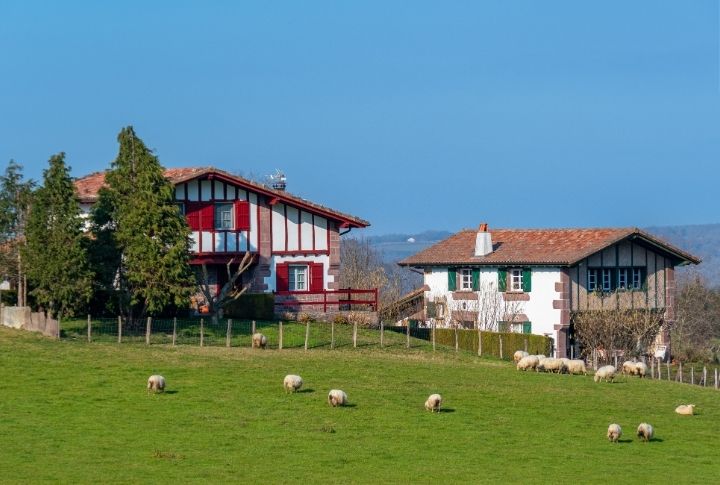
In the more rural areas, farmhouses might experience value drops due to changing agricultural trends and economic pressures. Consolidation in the farming industry reduces demand for small-scale farm properties. Moreover, fluctuations in commodity prices and trade uncertainties can affect farm incomes and decrease purchasing power for rural properties.
Suburban Townhouses
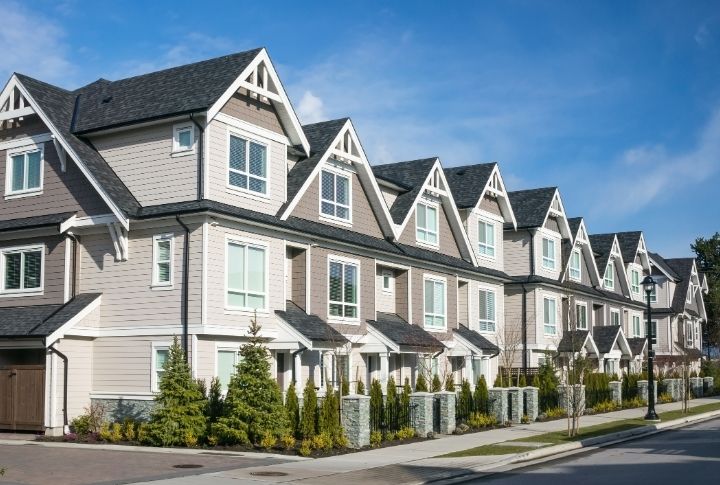
The desire for more space and remote work opportunities drive demand away from denser suburban developments. Oversupply in specific suburban markets could further pressure prices downward. This oversupply can affect the value of townhouse properties.
Vacation Homes
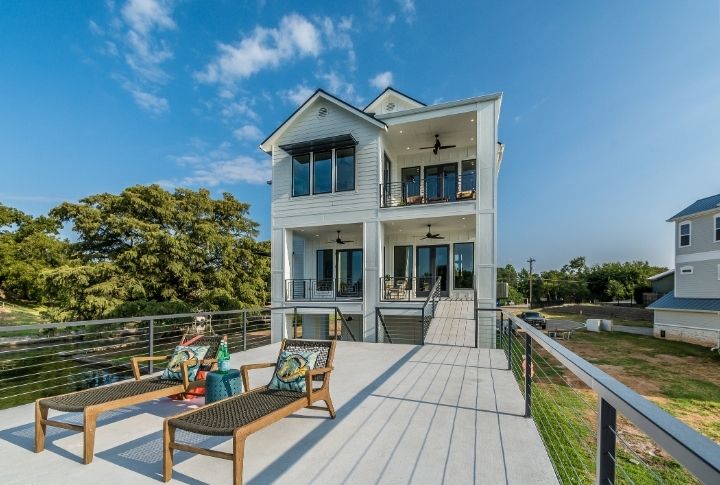
Economic uncertainties and changing travel patterns may deter buyers from investing in second homes. Moreover, climate change-related concerns, such as extreme weather events, can change the desirability and long-term value of vacation properties in certain areas by the coast.
Historic Properties
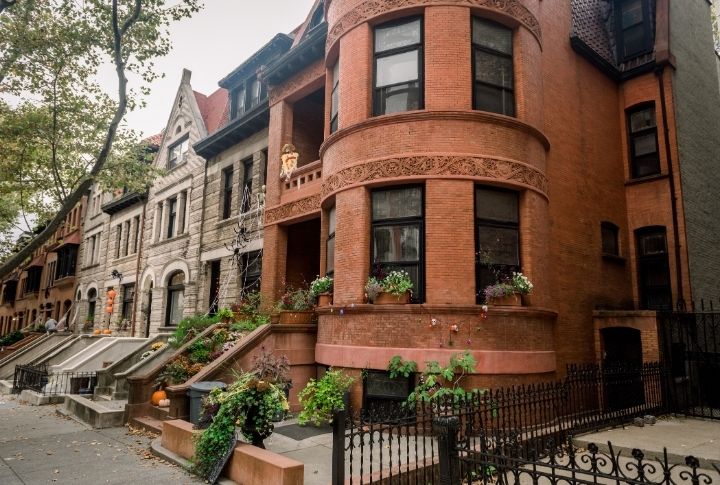
While these homes hold cultural and architectural significance, their upkeep can be financially burdensome. Limited buyer pools and stringent zoning regulations may also hinder the appreciation potential of historic properties and cause potential value drops in 2024.
Investment Condos

Rent control measures and stricter landlord regulations can impact rental yields, affecting the attractiveness of investment properties. Additionally, saturation in specific rental markets can decrease rental income and lower property valuations for investment condos.


Comments
Loading…